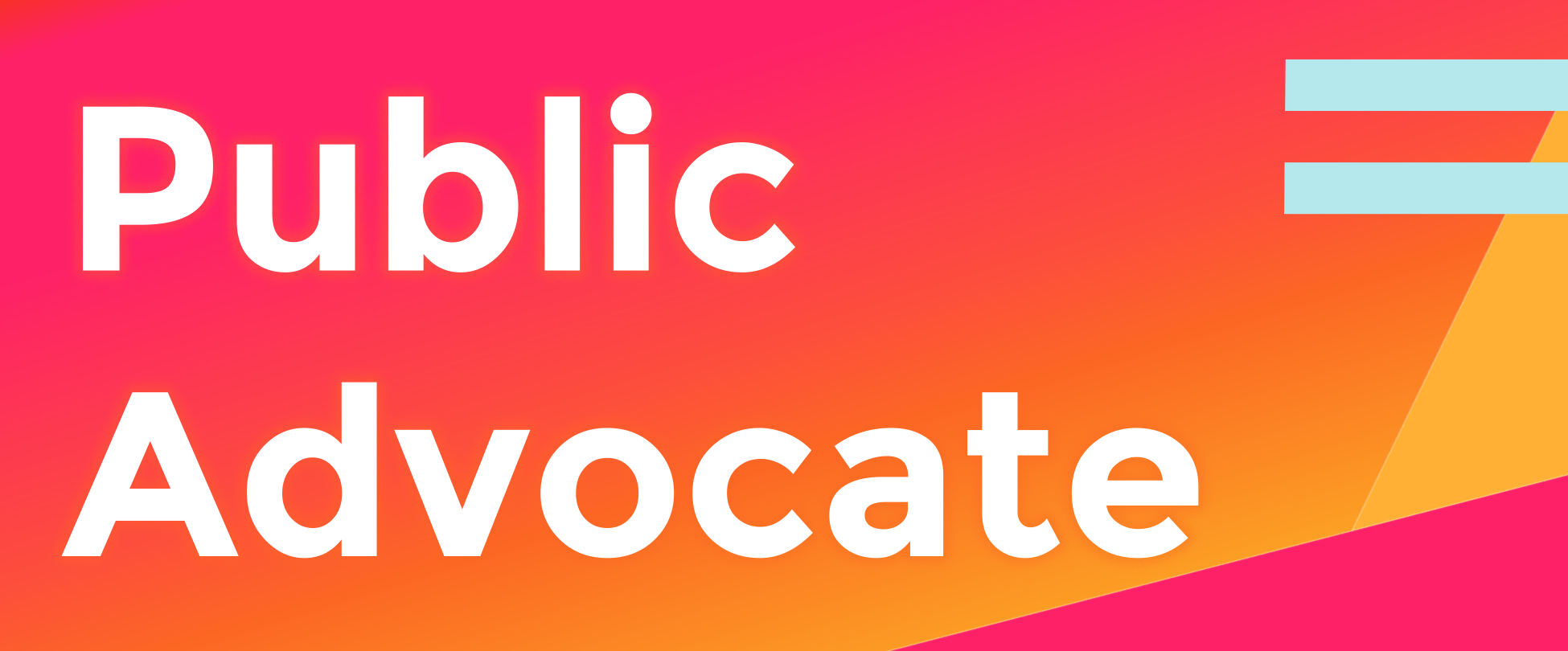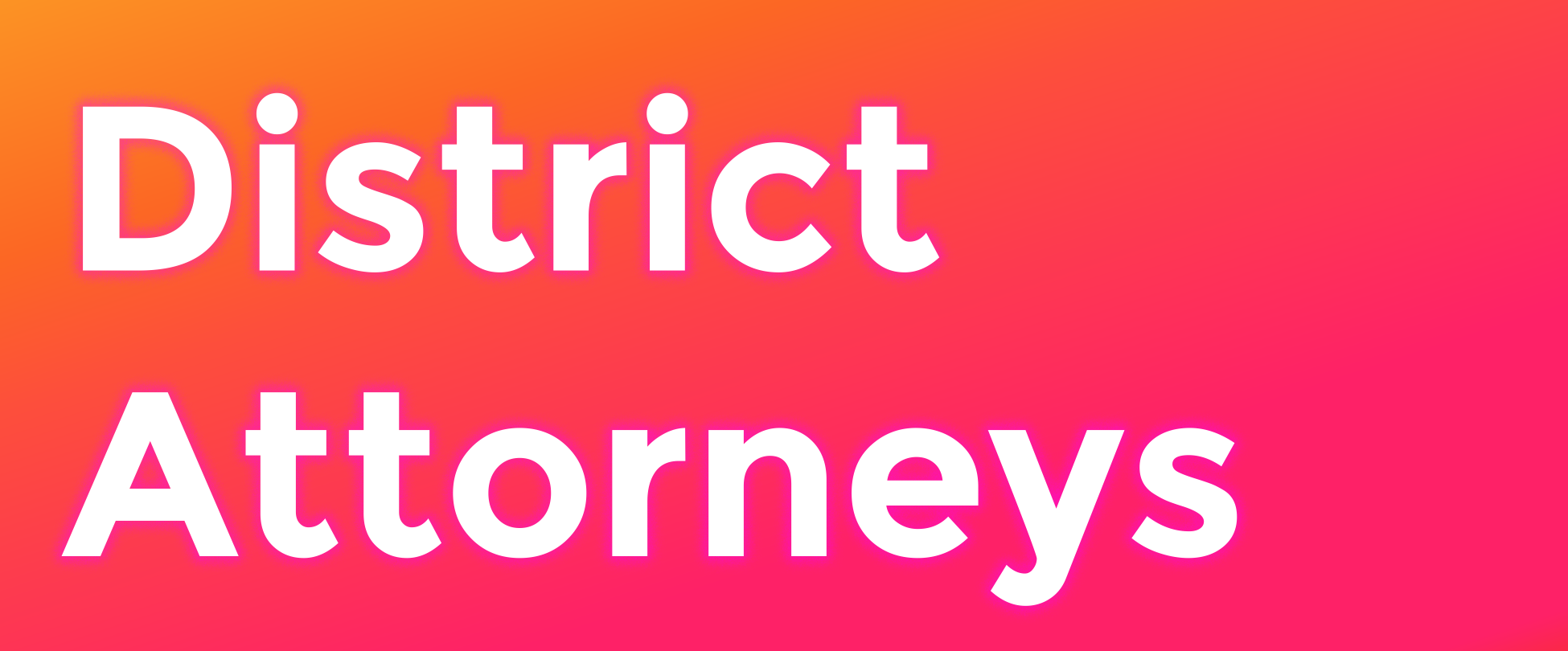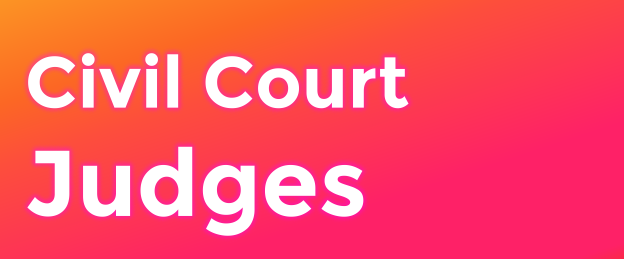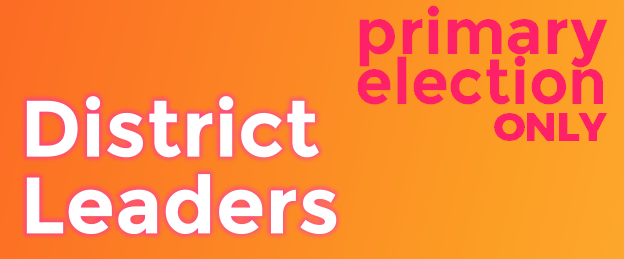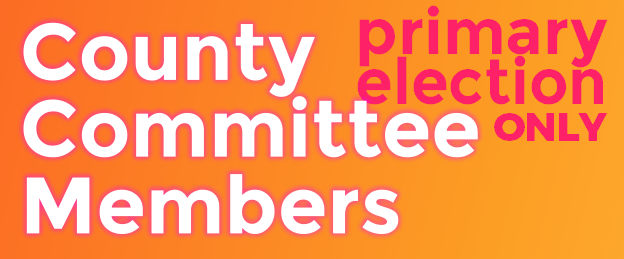Primary Election + General Election: What’s the Difference?
Primary Election (9/12/17)
Voters registered in a political party get to choose nominees to represent them in the general election, and choose leaders in their county party’s organization.
General Election (11/7/17)
All voters choose among the parties’ candidates for elected offices of mayor, comptroller, public advocate, borough presidents, council members, district attorneys, and judges – and vote on ballot questions.
In NYC, voting in the primaries often has as much – or more – impact on who wins than voting in the general.
More about Primary Elections
The primary election – this year, on September 12, is an opportunity for registered voters who are members of political parties to cast votes for candidates for offices either representing the party or in the party’s leadership.
In NY, we have primary elections for “major parties” – the parties who received more than 50,000 votes for governor in the last statewide race. This year, the NY major parties (as listed by the NYS Board of Elections) are: Democratic, Republican, Conservative, Green, Working Families, Independence, Women’s Equality, and Reform.
Political parties in NYS have statewide organizations, and also local county organizations (in NY City, 5 state counties align with each of 5 boroughs). The county party organizations each operate under their own rules and with their own governance systems, yet they are similar in history, operation, and in their involvement in party primary elections.
Voters who are registered in one of these major parties can vote for several items in the party primary:
- Nominees for government elected office, to represent the party at the general election.
- This year, the parties’ nominees – those who win the vote at the primary – will appear on the November 7 general election ballot, running for mayor, comptroller, public advocate, borough presidents, council members, district attorneys, and civil court judges.
- In some elections, there is no competition for party nominee.
- Where there is competition for party nominees, they are mostly elected through a competitive process – one candidate versus other(s).
- In some cases, party nominees are determined through “Opportunity to Ballot” slots – when individuals successfully petition for OTB, the primary ballot will have space for voters to write in a candidate to represent the party at the general election.
- Positions within the political party’s organization. This year, registered voters in the major parties will be asked to vote for 3 types of party positions on the primary election ballot.
- District Leaders – who serve on the executive leadership of the county committees.
- County Committee Members – who also make up part of the county party’s governing body.
- Judicial Convention Delegates – who serve in a short-term role, meeting in September to select the party’s candidates for NYS Supreme Court Judges.
More about General Elections
The general election falls on “Election Day” – this year, on November 7.
At the general election, registered voters (of any or no political party) vote for two types of items: candidates for elected office, and ballot questions (when proposed).
- Candidates for elected office appearing on the general election had to successfully petition to get on the ballot, and:
- If they are in a “major party” (discussed in the Primary Election section above), they either were the winners in their party primaries, or faced no competition but still had to declare their party affiliation in time for the primaries.
- They may also be from other parties, and may have created those parties during the onset of their candidacy (look out for some of those party names – always fascinating!).
- Ballot questions, or referenda, are put on the ballot when the government wants the people to weigh in on changes to the law.
- In most cases in NY, state or city government are required by law to put certain matters to a vote. Other times (just in NYC and not at the state level), individuals petition to bring an issue to the people. Learn much more here!
- In 2017, there are 3 questions on the general election ballot:
Want a quick way to see if there is competition for city offices in the primary or general election?
We’ve distilled it for you! Check out our graphics and explanatory diagrams here.




